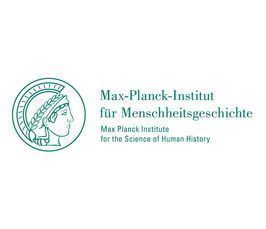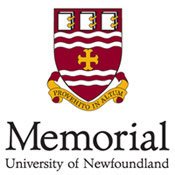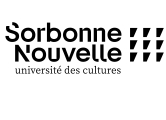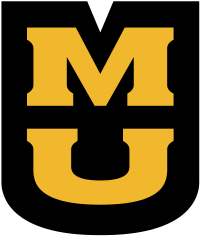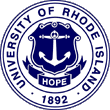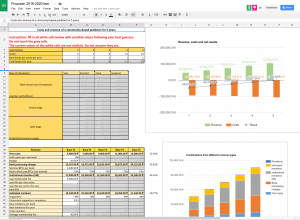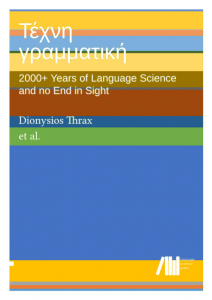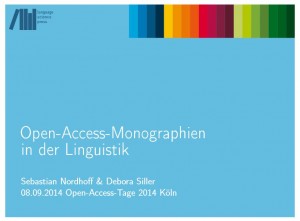In 2017 we announced our plans for funding the operations of Language Science Press in the future. Rather than charging readers for reading or authors for publishing, we wanted to set up Language Science Press as a true community enterprise, where research institutions worldwide collaborate to set up an Open Access publication platform.
Many linguists worldwide contacted their librarians and asked them for support, and many of the libraries they asked were happy to fund our platform via Knowledge Unlatched. We are thus proud that we can announce today that we have reached our pledging target of 100 institutions worldwide which support us with 1000 EUR a year each, for the next three years!
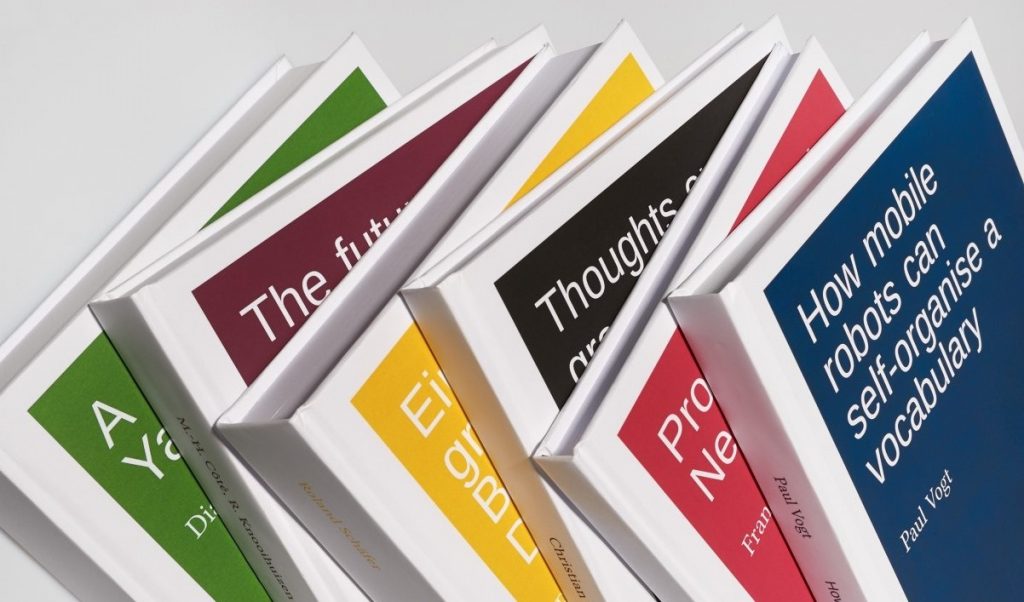 This means that the operations for the next three years — and the next 90 books — are secured. However, we are at the lower bound of the intended corridor of 100,000-115,000 EUR. Technically, there was also an additional pledging program for individuals for raising another 15,000 EUR. We abandoned this, as we felt that the financial burden of book publication should not be borne by individuals, but rather by research institutions. As a consequence, we will keep the institutional pledging open until we reach 115 supporters. At 100 supporting institutions, we can publish books, but we cannot provide any extras such as nice maps or extensive help with conversion. When we reach 115, we will be able to provide more extensive support for authors or subfields which require it. So, if your library is still considering whether to join or not, now is the time! You can point to this impressive list of institutions worldwide which already fund Language Science Press. THANK YOU!
This means that the operations for the next three years — and the next 90 books — are secured. However, we are at the lower bound of the intended corridor of 100,000-115,000 EUR. Technically, there was also an additional pledging program for individuals for raising another 15,000 EUR. We abandoned this, as we felt that the financial burden of book publication should not be borne by individuals, but rather by research institutions. As a consequence, we will keep the institutional pledging open until we reach 115 supporters. At 100 supporting institutions, we can publish books, but we cannot provide any extras such as nice maps or extensive help with conversion. When we reach 115, we will be able to provide more extensive support for authors or subfields which require it. So, if your library is still considering whether to join or not, now is the time! You can point to this impressive list of institutions worldwide which already fund Language Science Press. THANK YOU!


































